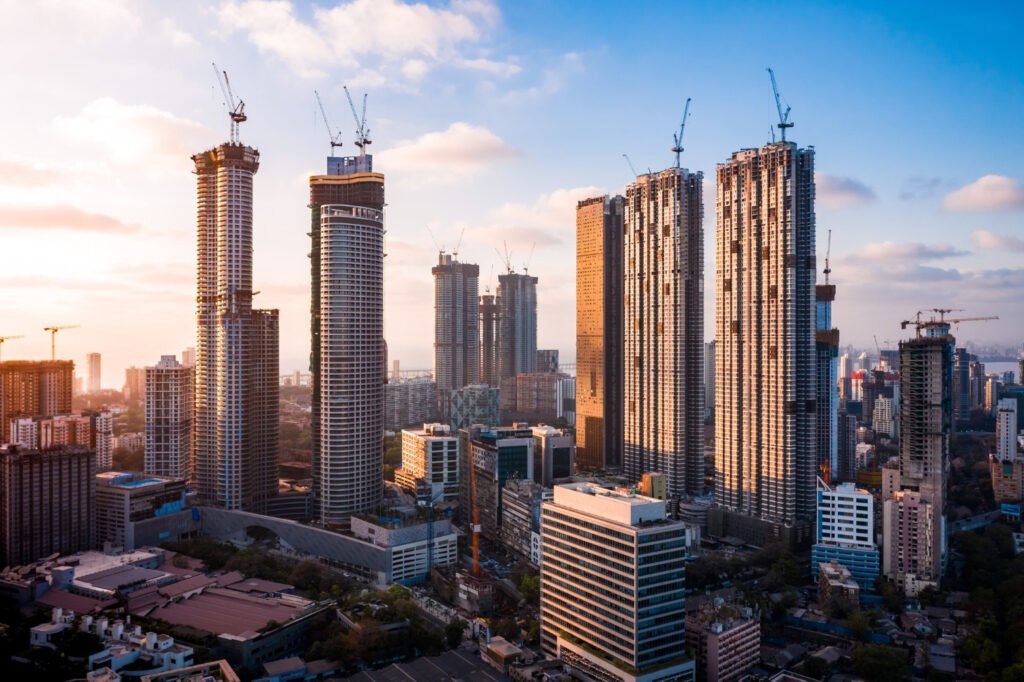
Introduction
Commercial property is one of the most sought-after investment instruments in many countries, including the United States and Indonesia. This type of property refers to buildings or land used for commercial purposes, such as offices, shopping centers, hotels, restaurants, or warehouses. The potential profits from this sector are significant, especially if you know how to select the right property and apply effective management strategies.
In this article, we will cover in detail what Commercial property is, its types, benefits, risks, and practical investment tips to help you succeed in this sector.
What is Commercial Property?
Commercial property refers to any property used for business purposes or to generate income. It can be owned by individuals, corporations, or investment entities, and is often leased out to other parties for their operational needs.
For a more detailed explanation of commercial properties on a global scale, you can check out Commercial Real Estate which discusses the definition and types of commercial real estate worldwide.
Types of Commercial Property
There are various categories of Commercial property that investors can consider, including:
1. Office Space
Used for company operations, typically located in central business districts or strategic areas.
2. Retail Property
Includes shopping malls, stores, and shop houses, generally situated in high-traffic areas.
3. Industrial Property & Warehouses
Covers factories, warehouses, and distribution centers, often located near major transportation routes.
4. Hotels and Hospitality
Dedicated to tourism and business accommodation needs.
5. Mixed-Use Property
Combines multiple functions, such as shopping centers with integrated office spaces and apartments.
Benefits of Investing in Commercial Property
Investing in this sector offers several advantages:
- Stable income from long-term lease contracts.
- Property value appreciation over time.
- Portfolio diversification to reduce investment risks.
- Flexible usage depending on market and business trends.
Risks of Commercial Property Investment
However, like any other investment instrument, commercial real estate comes with potential downsides:
- High vacancy rates if tenants leave.
- High maintenance costs for large-scale properties.
- Dependence on economic conditions at both macro and micro levels.
- Market trend shifts that may affect rental prices.
Comparison Table: Commercial Property vs Residential Property
| Aspect | Commercial Property | Residential Property |
| Purpose | Business & rental income | Living space & investment |
| Profit Potential | High with medium-high risk | Stable with lower risk |
| Lease Duration | 3-10 years | 1-2 years |
| Maintenance Cost | High | Moderate |
| Economic Impact | Highly sensitive | Relatively stable |
Tips for Successful Commercial Property Investment
Here are practical steps to maximize your investment returns:
- Choose a strategic location – Near city centers, public transport, or industrial hubs.
- Conduct market research – Understand rental trends and demand.
- Calculate potential ROI – Compare purchase price with possible rental income.
- Check legal documentation – Ensure the property has proper titles and business permits.
- Hire professional management services – Such as Atlantic Equipment for efficient property and business equipment management.
The Outlook for Commercial Property in Emerging Markets
With rapid economic growth and urbanization, the demand for commercial real estate in emerging markets like Indonesia is expected to rise. Massive infrastructure projects are opening new business hubs, creating lucrative opportunities for investors.
Frequently Asked Questions (FAQ)
Commercial property is any real estate used for business or income-generating purposes, including offices, retail spaces, hotels, and warehouses
It can be relatively safe with proper market analysis and management, but it still carries risks such as vacancies and market fluctuations.
The main differences lie in their purpose, lease duration, profit potential, and risk level
This depends on the location and property type, starting from hundreds of thousands to millions of dollars
Highly recommended, especially for large-scale properties, to ensure efficient and professional management
